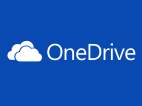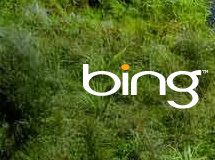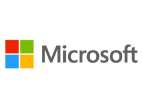An Australian court has fined X A$610,500 (approximately $418,000) for failing to comply with regulatory inquiries regarding child abuse content.
Child abuse RSS
The UK government is going to conduct a review to ensure existing legislation appropriately tackles exploitative and abusive online content. This review is separate from the Online Safety Bill.
In an internal memo, Apple's Software VP has acknowledged that people are worried about the company scanning iCloud Photos for child sex abuse material, but says that this is due to misunderstandings.
Apple has introduced new safety features for iPhone, iPad, and Mac to safeguard children from predators. It is working alongside the National Center for Missing and Exploited Children (NCMEC).
The UK charity, Internet Watch Foundation, has reported an increase in reports of child sexual abuse content online. It said the lockdown meant more people were online and uncovering illegal content.
France has introduced a new law which will see platforms take down terrorist and child abuse content in just one hour. If firms fail to comply, they could be fined up to 4% of global revenue.
The U.K. could be set to get one or two internet regulators in future as the government works out its proposals for such an idea. It could see regulation of junk food ads, and content on social media.
Research, conducted at the University of Portsmouth, reveals that more than 80% of "dark net" internet traffic is generated by visits to websites offering child-abuse material.
Dark net sites hide a user's identity by routing their traffic through a series of computers. They have been associated with illegal activity so many of them are being shut down in a global raid.
A Microsoft tip-off led to a man being arrested after it discovered child abuse imagery on his OneDrive account, and found that he had tried emailing similar pictures from his live.com email address.
Google has issued a statement regarding the recent arrest of a sex offender in Texas facilitated by the company's automated scanning algorithm for tracking down child pornography across services.
Google's Eric Schmidt announced today in the British press that Google and Microsoft have started blocking over 100.000 searches related to child abuse imagery. The changes will soon roll-out globally
The UK is taking steps to ensure that both ISP's and search engines keep checks on what's displayed online; following a ban on porn, Bing has now introduced measures against online child exploitation.
Microsoft is reportedly working with other tech companies such as Google, Twitter and Facebook in an effort to get rid of child abuse images from websites via Microsoft's PhotoDNA software.

















_story.jpg)











